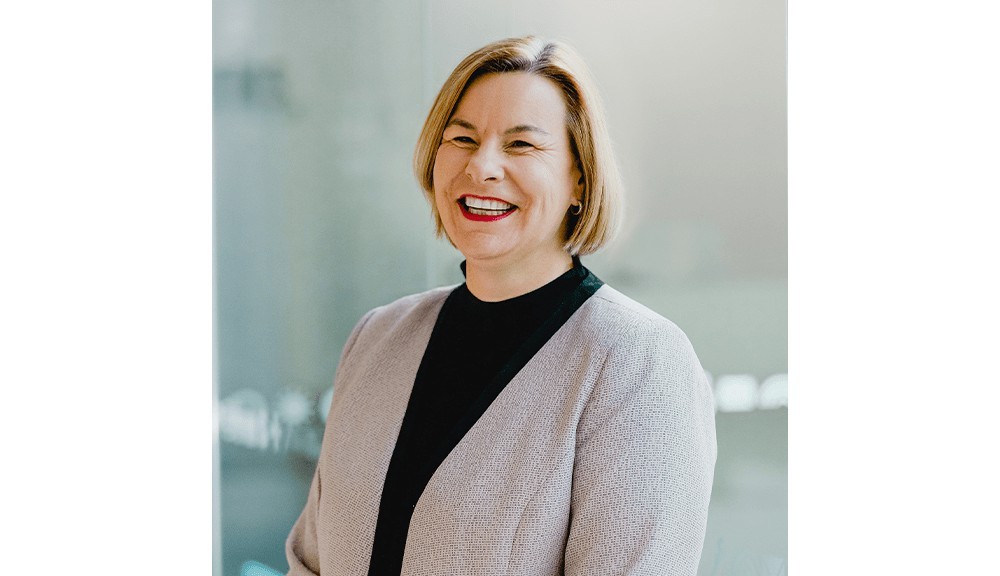The market crash cycle
Once upon a time, stock market crashes were far and few between. That changed in 1987 when Black Monday hit. Since that time, market crashes have occurred often enough that in developed nations, most individuals can recall how a time or memory of how a market crash affected their way of life, regardless of whether they were an investor or not.
Like it or not, market volatility is an inevitability in investing, regardless of whether you invest in property or shares. Based on historical statistics, there is a 10% chance of a 30% share price drop in any given year. The flip side of this is that there is a 90% chance of not experiencing a drop in a given year. So statistically speaking, if you invest for 20 to 30 years, the likelihood of experiencing a market crash is almost guaranteed.
Given that no one can be 100% certain what will cause a crash nor when a crash will occur, preparation is a crucial foundation in establishing a healthy long-term investment portfolio.
Four golden rules for preparing for a market crash
To this end, there are four key steps to preparing for a market crash:
- Prepare intellectually
- Prepare emotionally
- Prepare financially
- Access financial advice and coaching.
Preparing intellectually means to accept the 10% odds of a crash, as previously mentioned.
Preparing emotionally, however, is not quite as straightforward. Applying the logical reasoning of statistics is quite another story when factoring in natural human emotions and instincts. The common mentality is to buy low and sell high, but it’s quite a different story when you’re living it.
Know thyself
When losses appear to be looming, psychological risk tolerance assessments can help investors emotionally prepare for the inevitable. These assessments should form the foundation process when embarking on work with a financial advisor and are key. These assessments help align one’s specific portfolio objectives and evaluate an individual’s receptiveness to risk, including the ability to emotionally cope with the incumbent stress that can be triggered by the uncertainty of the investment journey.
Understanding one’s ability to stay the course through all market cycles is essential when identifying the most suitable asset allocation for each investor. Time and time again, history has shown that investment markets always recover for those with the resilience to endure their volatility.
The three-tier approach to investing
Financial preparation forms the backbone of step three; ensuring your investments are structured in such a way that you won’t feel backed into a corner when and if a market crash occurs. For investors that are retired, or approaching retirement, this is especially crucial.
The three-tier approach broadly suggests that one holds enough funds in short-term liquid investments, like cash, to provide one year’s income. Then balances this with enough fixed interest or capital stable reserves to support another one to four years of income. With the rest, growth assets could be chosen in such a way as to meet one’s risk tolerance.
This ensures an investor has the financial means to calmly ride out a prolonged market crash. Potentially, it may even allow them to take advantage of the situation.
Use financial advisers as a sounding board
The last and often overlooked step in preparing for inevitable market crashes is to seek sound financial advice and coaching.
While some may be confident in self-managing their money entirely by their own wits, regardless of your level of confidence, an experienced financial adviser can offer a qualified and objective sounding board. Accessing a wide perspective on the issues at hand amid market tensions can result in a quicker pick-up on subtle differences that apply to particular market crash cycles.
Working with a credentialed adviser with access to robust resources works in two key ways:
- Firstly, it provides a ‘time out,’ giving you the chance to step away from initial panic before you make an eventual decision.
- Secondly, and most importantly, you get access to experienced intel and advice, which means that your decisions are supported by material research, rigorous standards, and an objective view of your personal financial goals. Simply put, you
- have the peace of mind that your wealth is being managed objectively and not swayed by emotion.
Research shows that abandonment of a well-planned investment strategy cost investors dearly. The same study by Vanguard Investments also argues that behavioural coaching maximises investment returns. Their analysis goes on to indicate that coaching can actually add around 3% to actual (net) annual returns for investors.
In summary, there is great value in staying calm under pressure where financial markets are concerned. Periods of market volatility simply present opportunities for patient, long-term investors, and such inevitable cyclical events are historically the time when quality assets pass from weak hands to the strong.








